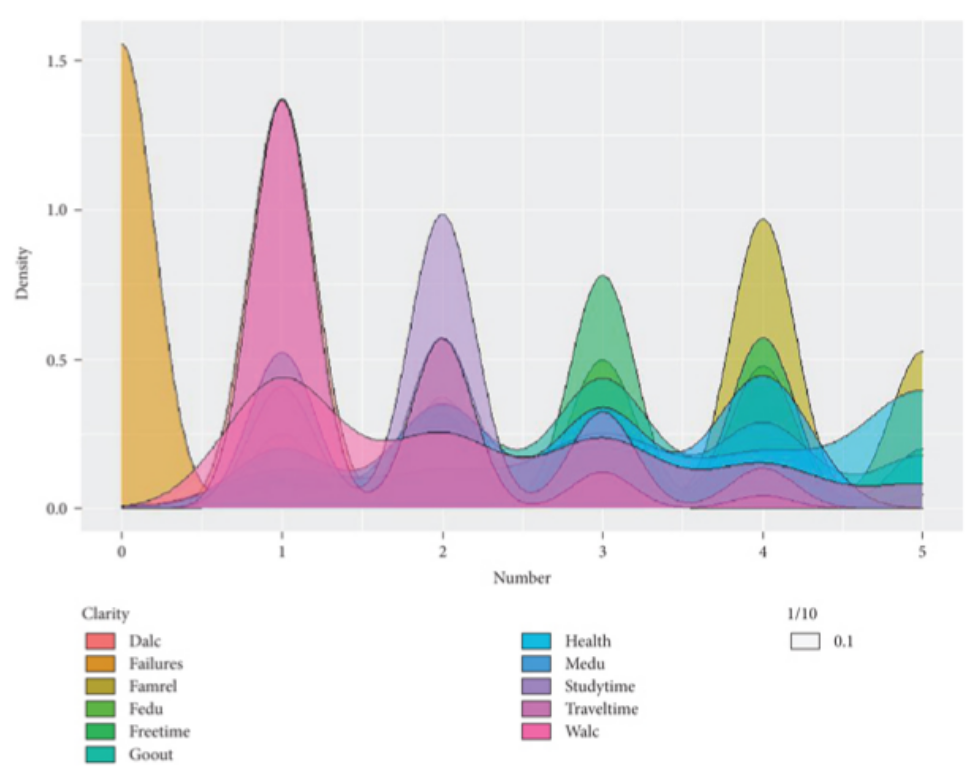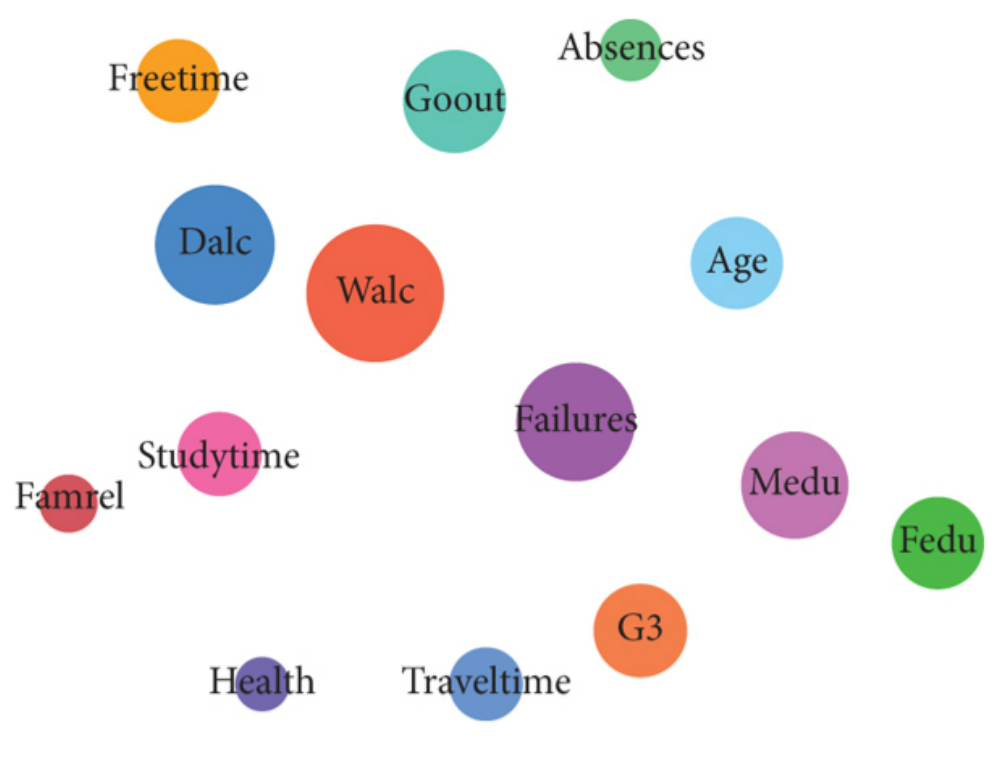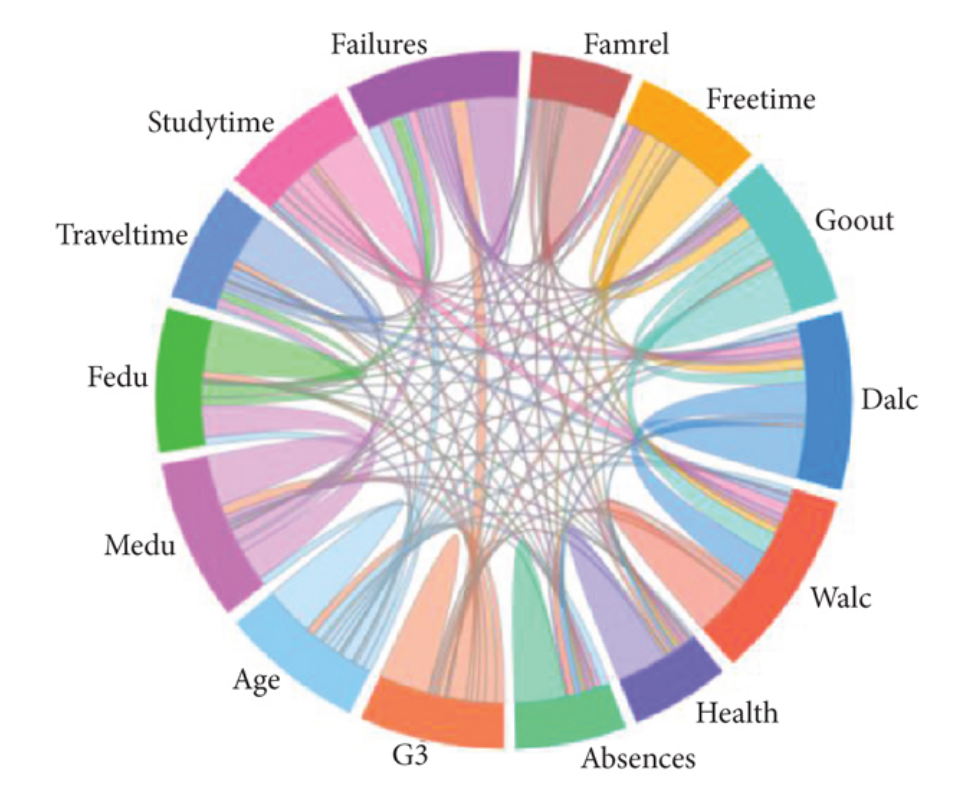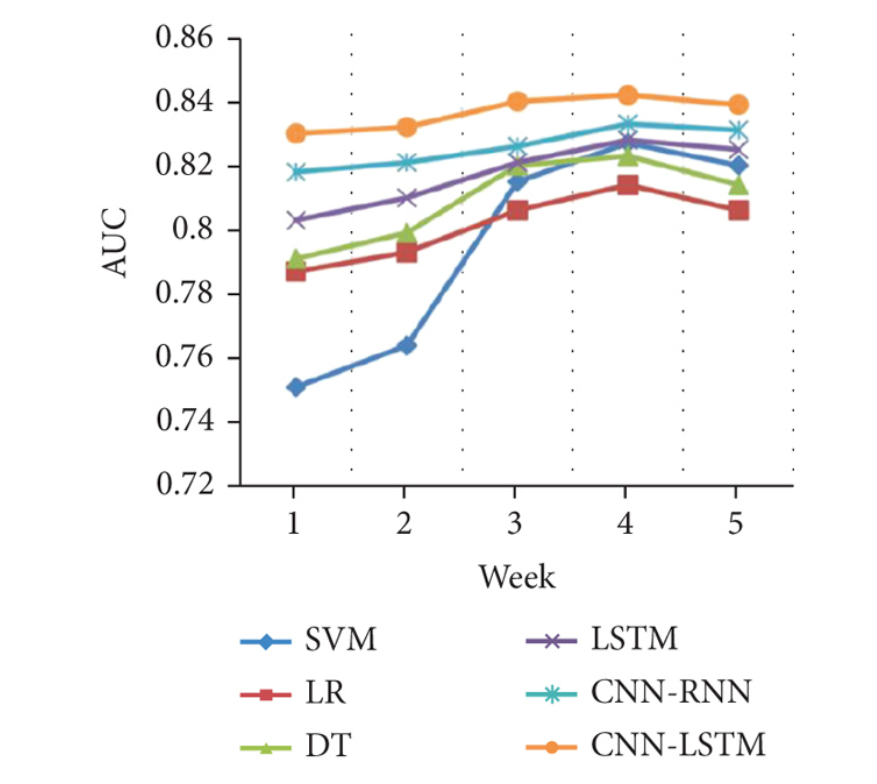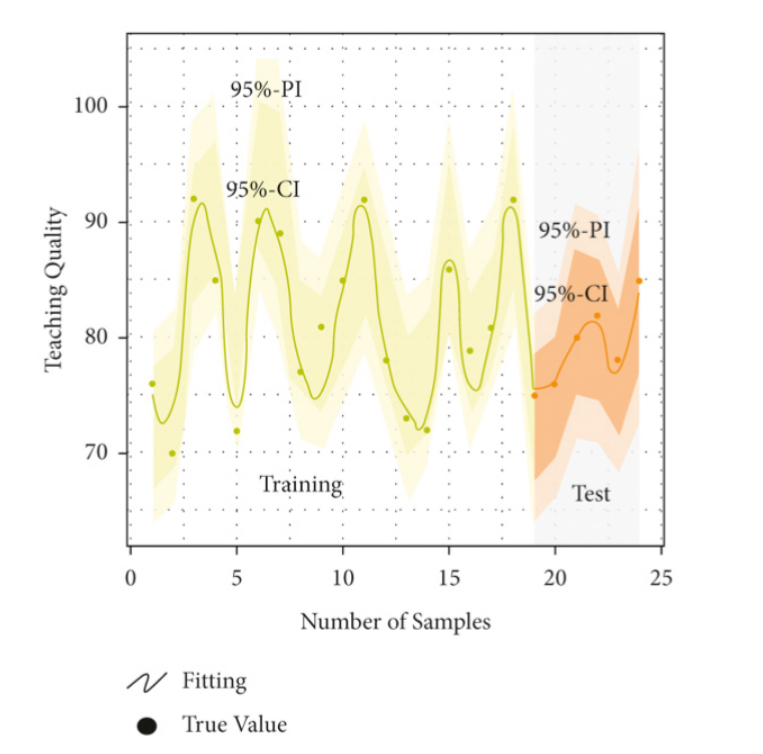 An open access journal
An open access journal
Social and Emotional Learning (SEL) in Education: Nurturing Well-rounded Students
Abstract
Social and Emotional Learning (SEL) in education has emerged as a pivotal aspect of student development, aiming to nurture well-rounded individuals equipped with the necessary skills to navigate life's challenges successfully. This paper explores the framework of SEL, which encompasses self-awareness, self-management, social awareness, relationship skills, and responsible decision-making. It delves into the significance of integrating SEL into the curriculum, highlighting its impact on academic performance, emotional well-being, and social competence. The discussion includes effective strategies for implementing SEL in schools, such as integrating SEL principles into existing curricula, fostering a supportive school environment, and providing professional development for educators. Moreover, the paper addresses the challenges of SEL implementation, including measurement of SEL outcomes, cultural and contextual adaptations, and securing stakeholder support. Through a review of empirical studies, the paper underscores the positive outcomes associated with SEL, such as improved academic achievement, reduced behavioral problems, and enhanced emotional intelligence. The conclusion offers recommendations for educators, policymakers, and communities to promote SEL in educational settings, emphasizing the importance of a holistic approach to student development that values emotional and social competencies alongside academic skills.
Share and Cite
Article Metrics
References
- Durlak, J. A., Weissberg, R. P., Dymnicki, A. B., Taylor, R. D., & Schellinger, K. B. (2011). The impact of enhancing students’ social and emotional learning: A meta-analysis of school-based universal interventions. Child Development, 82(1), 405-432.
- Elias, M. J., Parker, S. J., Kash, V. M., Weissberg, R. P., & O'Brien, M. U. (2008). Social and emotional learning, moral education, and character education: A comparative analysis and a view toward convergence. Journal of Research in Character Education, 6(1), 21-55.
- Greenberg, M. T., Domitrovich, C., Weissberg, R. P., & Durlak, J. A. (2017). Social and emotional learning as a public health approach to education. The Future of Children, 27(1), 13-32.
- Jones, S. M., & Bouffard, S. M. (2012). Social and emotional learning in schools: From programs to strategies. Social Policy Report, 26(4), 1-33.
- Payton, J. W., Weissberg, R. P., Durlak, J. A., Dymnicki, A. B., Taylor, R. D., Schellinger, K. B., & Pachan, M. (2008). The positive impact of social and emotional learning for kindergarten to eighth-grade students: Findings from three scientific reviews. Technical Report. Collaborative for Academic, Social, and Emotional Learning (CASEL).
- Zins, J. E., Weissberg, R. P., Wang, M. C., & Walberg, H. J. (Eds.). (2004). Building academic success on social and emotional learning: What does the research say? Teachers College Press.
- Brackett, M. A., Rivers, S. E., & Salovey, P. (2011). Emotional intelligence: Implications for personal, social, academic, and workplace success. Social and Personality Psychology Compass, 5(1), 88-103.

